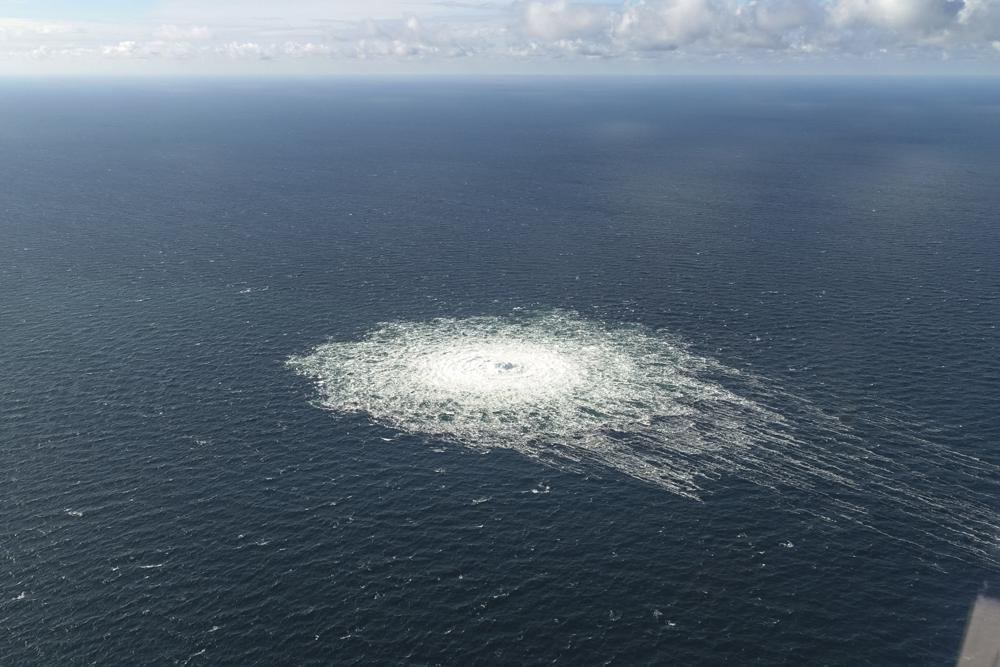A senior U.S. official said the United States was not involved in the damage to the Nord Stream 1 and 2 pipelines carrying Russian gas earlier this week.
Speaking at a briefing with reporters on condition of anonymity on Wednesday, the Pentagon official said that “the jury is still out” on what actually happened to the pipelines that carry Russian natural gas to Germany.





